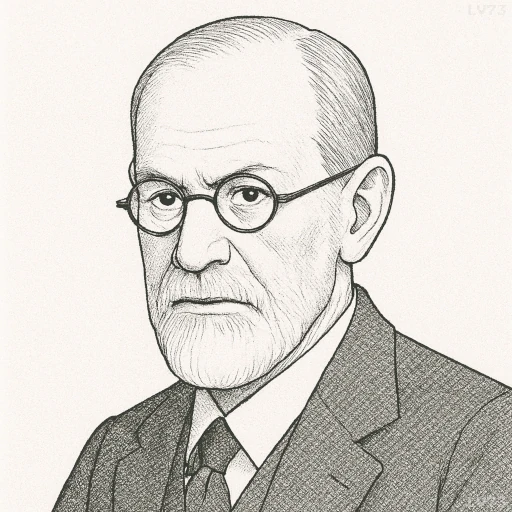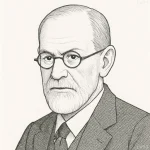“Love and work… work and love, that’s all there is.”

- May 6, 1856 – September 23, 1939
- Austrian
- Neurologist, Founder of Psychoanalysis
table of contents
Quote
“Love and work… work and love, that’s all there is.”
Explanation
In this succinct and almost lyrical statement, Freud distills his view of a fulfilled human life into two essential elements: love and work. These two domains, he suggests, are not only fundamental to psychological health, but also encompass the core of human purpose and meaning. Love provides emotional connection, intimacy, and belonging, while work offers productivity, creativity, and contribution to the world. Together, they represent the pillars of identity and satisfaction.
This idea reflects Freud’s lifelong clinical observation that neurosis, depression, and inner conflict often stem from problems in either love or work—whether through loss, repression, or failure to form meaningful bonds or purposeful activities. His psychoanalytic approach aimed to help patients resolve inner conflicts so they could fully engage in these two spheres. Rather than striving for perfection or enlightenment, Freud saw maturity as the capacity to love and to work well, balancing desire and discipline.
In modern psychology and life experience, Freud’s formula still holds deep relevance. Studies show that relationships and purposeful engagement are among the strongest predictors of well-being. People who feel loved and who find meaning in their work—whether professional, creative, or caretaking—tend to report greater life satisfaction and resilience. Freud’s quote, in its simplicity, captures a timeless truth: what we seek is not endless pleasure or power, but the steady grounding of love and purposeful activity.
Would you like to share your impressions or related stories about this quote in the comments section?
